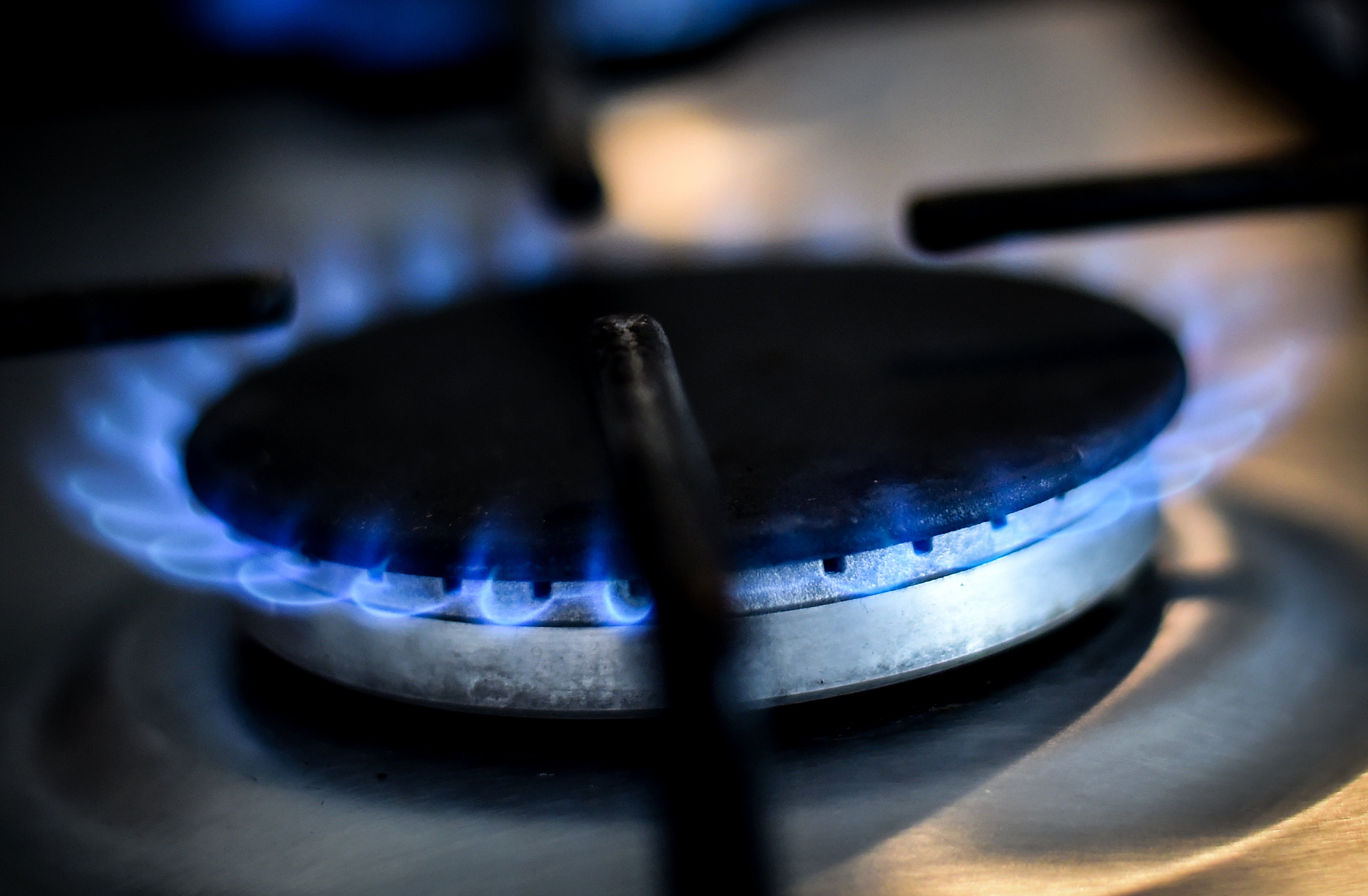Price rises that overwhelmed energy suppliers to hit consumers in 2022
More than two dozen energy suppliers have gone bust since the start of September due to runaway gas prices

Soaring gas prices consigned a string of energy suppliers to the graveyard in 2021, and will lead to runaway household bills next year as the sector continues to struggle.
Energy suppliers had been paying 54p per therm of gas at the beginning of the year. By September, that had reached more than £3 and peaked even further to £4.50 just before Christmas.
It was an unprecedented spike caused by something of a perfect storm on global markets.
Firstly, last winter was unusually cold in the northern hemisphere. Gas is still a key fuel in heating homes and businesses in much of the world, so the cold temperatures led to a spike in demand, and countries started eating into their gas reserves.
These reserves could have been topped up again over the summer, but once again the weather had other ideas.
An unusually calm summer meant wind turbines produced less electricity, so gas power plants had to burn more than normal.
Meanwhile, less new supply came on to the market than first thought and demand from China was higher than expected.
All in all, it meant gas was in short supply and as a result prices spiked.
For energy suppliers in the UK, this spelled disaster. Since 2019 they have been limited in what they can charge customers because of regulator Ofgem’s price cap.
The cap takes into account the price of energy, but does not change often enough to keep up with this year’s steep rises. The cap is moved twice a year.
When gas prices went up, energy suppliers were soon put in a difficult situation where it cost them more to buy gas than they were allowed to sell it for.
It is an unenviable position for any business, and since early September dozens of suppliers have bowed out of the market, with experts predicting further failures.
The episode has exposed several flaws in how the market works, and will likely lead to permanent changes.
Many energy suppliers should probably have insured themselves against price rises.
It is a practice known as hedging. An energy supplier will order all the gas and electricity it thinks its customers will need in the months or years ahead.
That way if prices spike, suppliers do not feel the pain, at least not until their hedging period is over, by which time the price cap should have caught up with costs.
And it will catch up in April when Ofgem next changes the cap. Predictions of where the price cap will be set have differed, but the most dire forecast came from investment bank Investec.
Its experts estimate that prices could go from £1,277 per year today for an average household to £1,995, a rise of 56%.
Analysts at energy consultancy Cornwall Insight are slightly more positive about April’s cap, saying it will reach £1,865.
But when the price cap changes again in October 2022 it could go as high as £2,240, according to the consultancy’s models.
While adding this prediction is very uncertain, senior consultant Dr Craig Lowrey said: “With the energy supply sector still dealing with the exit of more than two dozen companies in a matter of weeks, the need to ensure resilience across the entire market is evident.
“Furthermore, it is not solely domestic customers that are dealing with these new highs in energy costs, as businesses will face their own set of challenges without the protection afforded by the default tariff price cap.”
Emma Pinchbeck, chief executive of trade body Energy UK has described the situation as a “nationwide crisis”.
She told BBC Radio 4’s Today programme: “The prices are now so high that this affects the whole economy.”
Energy UK is calling on the Treasury to step in and take action to help reduce bills.
Ms Pinchbeck said the Government could shave £90 off each customer’s bill by cutting taxes or VAT and a further £190 by bringing forward proposals to remove policy costs, particularly on electricity.
While price rises may only be temporary – how long they stay that high will depend on global gas markets – the impact of the gas crisis will be much longer lasting.
Firstly, the competitive marketplace with dozens of energy suppliers has been changed beyond recognition.
Bulb Energy, whose rapid growth was impressive enough to warrant a visit from the Prime Minister just this summer, is now in special administration.
Another two dozen suppliers have also exited the market, and more are expected to follow them.
Secondly, the crisis will likely change forever the way that the price cap is calculated.
Ofgem is consulting on a series of proposals which would mark the cap’s biggest overhaul since it was introduced in 2019.
Bookmark popover
Removed from bookmarks